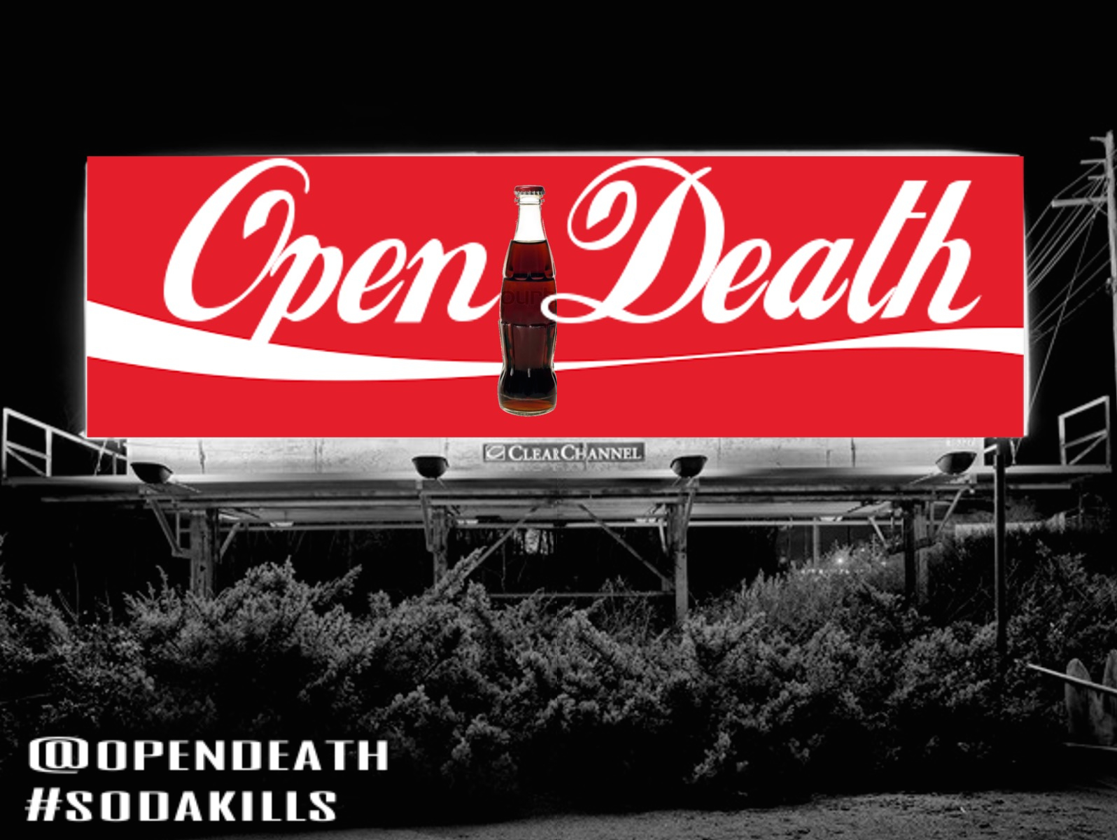This post previously appeared on FoodActive.org.uk. Food Active is a healthy weight program, supported by North West Directors of Public Health.
Poor diet, brought on by the increased availability of unhealthy food, has played a major role in rising rates of diet related diseases around the world.1 Our work at the CUNY Urban Food Policy Institute (CUFPI), an academic research and action center at The City University of New York’s Graduate School of Public Health and Health Policy, focuses on creating ways to address the impacts of unhealthy food and the disease toll that comes with it. Located in Harlem, New York, we provide evidence to inform municipal policies that promote equitable access to healthy, affordable food.
Of the factors contributing to the global rise in poor diets, marketing of unhealthy products by big food companies — nearly $2 billion a year targeted at children alone, 2 is one of the most worrisome. In an effort to address this issue, CUFPI focuses a portion of its work on the area of food countermarketing. Countermarketing involves the use of health communications strategies to reduce the demand for unhealthy products by exposing the motives of their producers and portraying their marketing activities as outside the boundaries of civilized corporate behavior. Research in tobacco control has demonstrated that countermarketing can be used as a successful tool in reducing tobacco usage among teenagers and young adults.3-10 At CUFPI, we use lessons learned from tobacco control to countermarketing unhealthy foods and beverages. We currently have three countermarketing initiatives underway, all of which engage youth, a frequent target of unhealthy marketing.
Youth Food Educators Program
Launched in 2015, the Youth Food Educators (YOFE) program engages youth in reducing the demand for unhealthy food in their communities. YOFE participants are trained to develop and deliver countermarketing campaigns that discourage the consumption of unhealthy food. The program recognizes the importance of the “youth voice” and youth being valuable communicators who can generate positive social change and support the healthy food movement. YOFE participants serve as community-based educators holding workshops and presentations that highlight and counteract the advertising strategies big food companies (e.g. Pepsi-Co, Coca-Cola, General Mills, and McDonalds) use to make unhealthy foods appealing. To date, 43 youths have been through YOFE’s training, leading to the development of ten countermarketing campaigns and presentations to over 500 community members. The YOFE Program Toolkit, a guide for organizations interested in involving young people in countermarketing projects, is available for free on the CUFPI website.
NYC Youth Food Countermarketing Network
The NYC Youth Food Countermarketing Network (YFCN) works to carry out countermarketing initiatives by engaging youth and youth serving organizations from across New York City. YFCN’s members use similar messaging, images, and dissemination strategies as part of a coordinated effort to maximize the impact of their activities. Comprised of both organizations and individuals, YFCN’s intent is to use the power of the collective to amplify the efforts of its members beyond what they could do alone.
Countermarketing Staff Training Program
The Countermarketing Staff Training Program (CSTP) is a two-part workshop that trains participants how to launch food countermarketing initiatives that engage youth. At the end of the training, attendees are equipped with an understanding of food advertising tactics, targeted marketing, food countermarketing, and how to implement food countermarketing projects and initiatives. More than 60 participants representing over 40 organizations have attended our training program.
We welcome you to join us in the fight against unhealthy marketing. The burden of premature deaths due to diet related illnesses such as heart disease, obesity, and diabetes calls for increased action against the predatory marketing of food and beverage companies. Our hope is that countermarketing efforts will catalyze policy changes that limit the ubiquity of unhealthy marketing, and decrease the demand and consumption of unhealthy foods and beverages.
For more information about CUFPI’s countermarketing initiatives, please contact Charita Johnson at charita.johnson@sph.cuny.edu.
References
- Crino M, Sacks G, Wu J. 2016. A review of population-level actions targeting reductions in food portion sizes to address obesity and related non-communicable diseases. Current Nutrition Report.
- Federal Trade Commission. 2012. A review of food marketing to children and adolescents.
- Freudenberg N, Palmedo C, Murphy E, Garza S. 2016. Policy brief: countermarketing unhealthy food: lessons from tobacco. Retrieved from: http://www.cunyurbanfoodpolicy.org/news/2016/9/13/policy-brief-countermarketing-unhealthy-food-lessons-from-tobacco. Accessed September 2017.
- Allen JA, Duke JC, Davis KC, Kim AE, Nonnemaker JM, Farrelly MC. 2015. Using mass media campaigns to reduce youth tobacco use: a review. American Journal of Health Promotion. 30(2):e71–82
- Bonnie R, Stratton K, Wallace R. 2007. Ending the tobacco problem: A blueprint for the Nation. Washington, DC: National Academy Press.
- Carson KV, Brinn MP, Labiszewski NA, Esterman AJ, Chang AB, Smith BJ. 2011. Community interventions for preventing smoking in young people. Cochrane Database of Systematic Reviews.
- Centers for Disease Control and Prevention. 2007. Best practices for comprehensive tobacco control programs. U.S. Department of Health and Human Services, Centers for Disease Control and Prevention, National Center for Chronic Disease Prevention and Health Promotion, Office on Smoking and Health.
- Farrelly MC, Niederdeppe J, Yarsevich J. 2003. Youth tobacco prevention mass media campaigns: past, present, and future directions. Tobacco Control. 12 (Suppl. 1):i35–47
By Beth Bradshaw, Food Active
